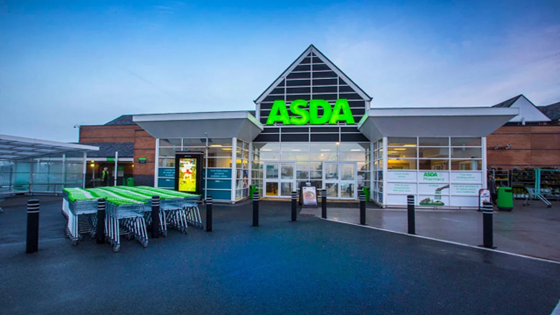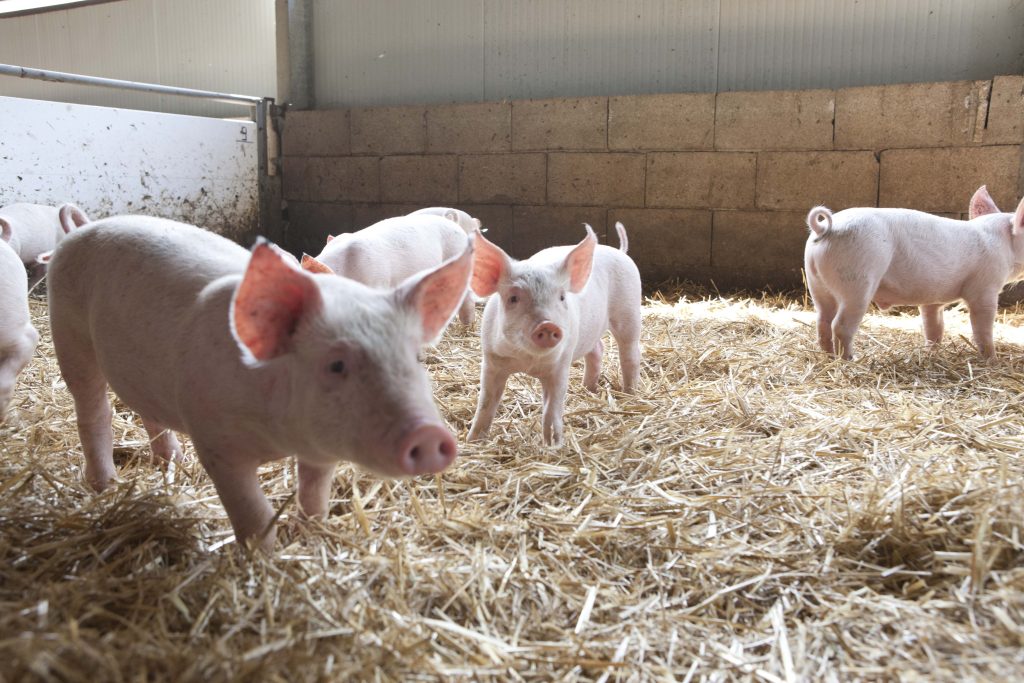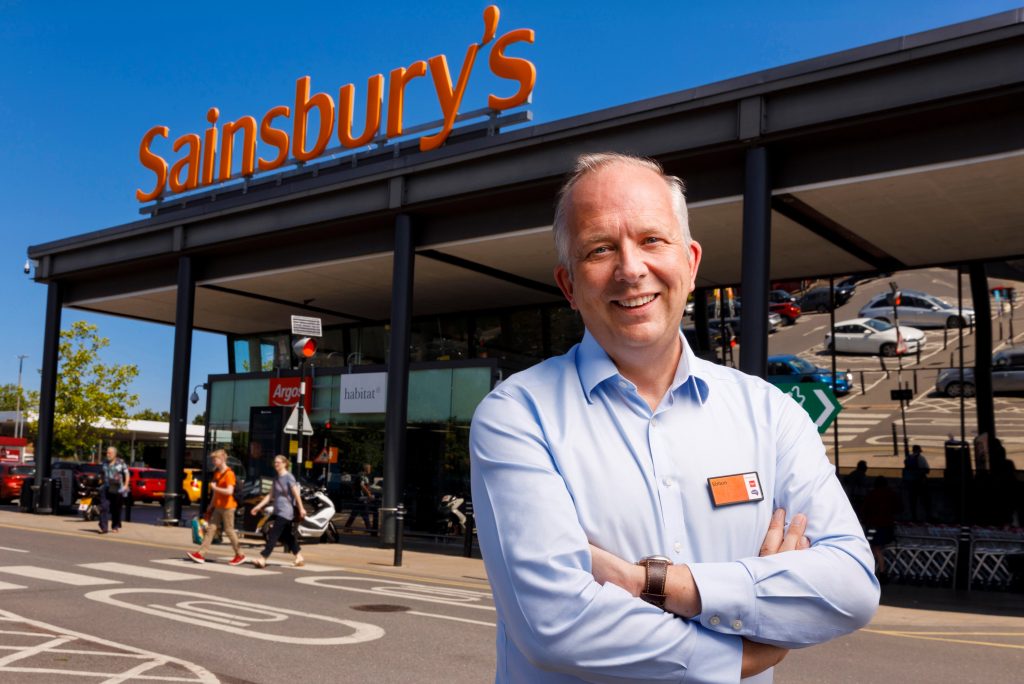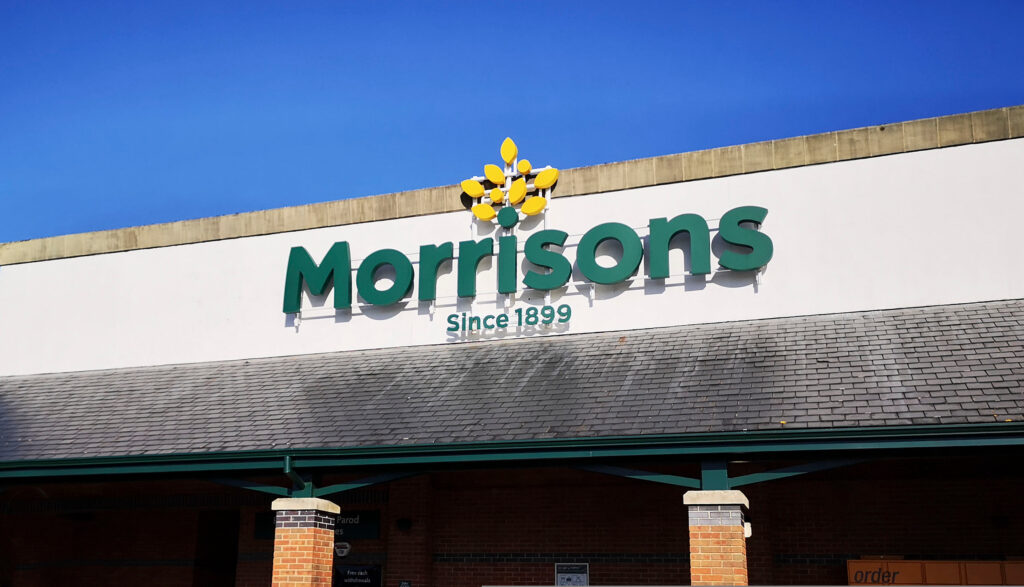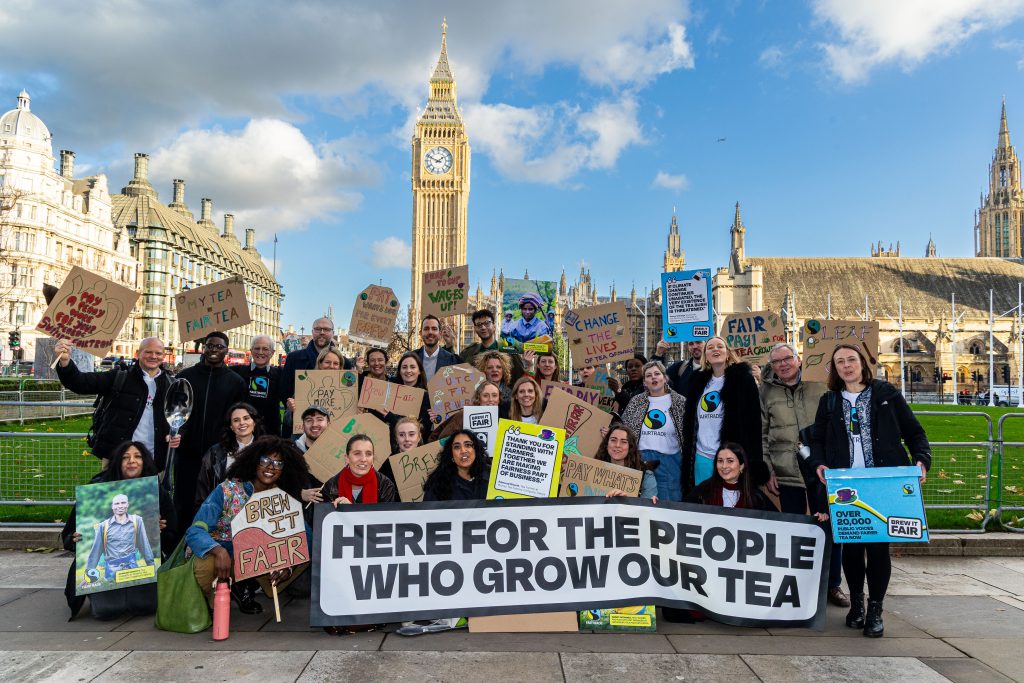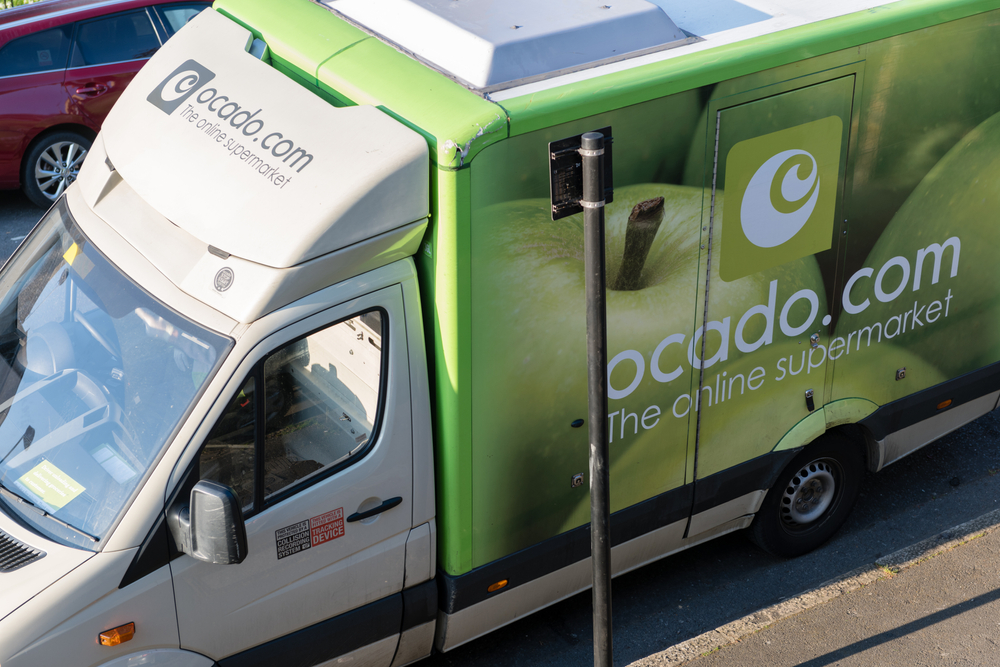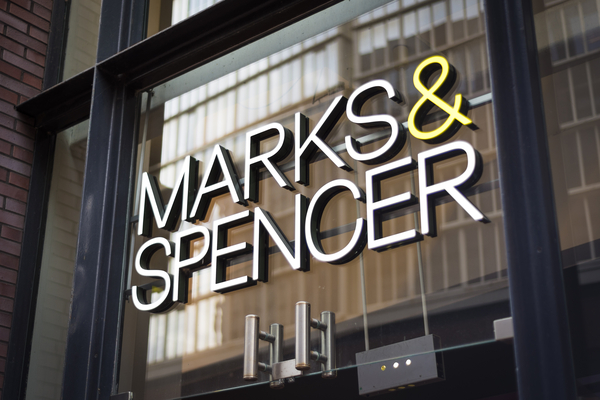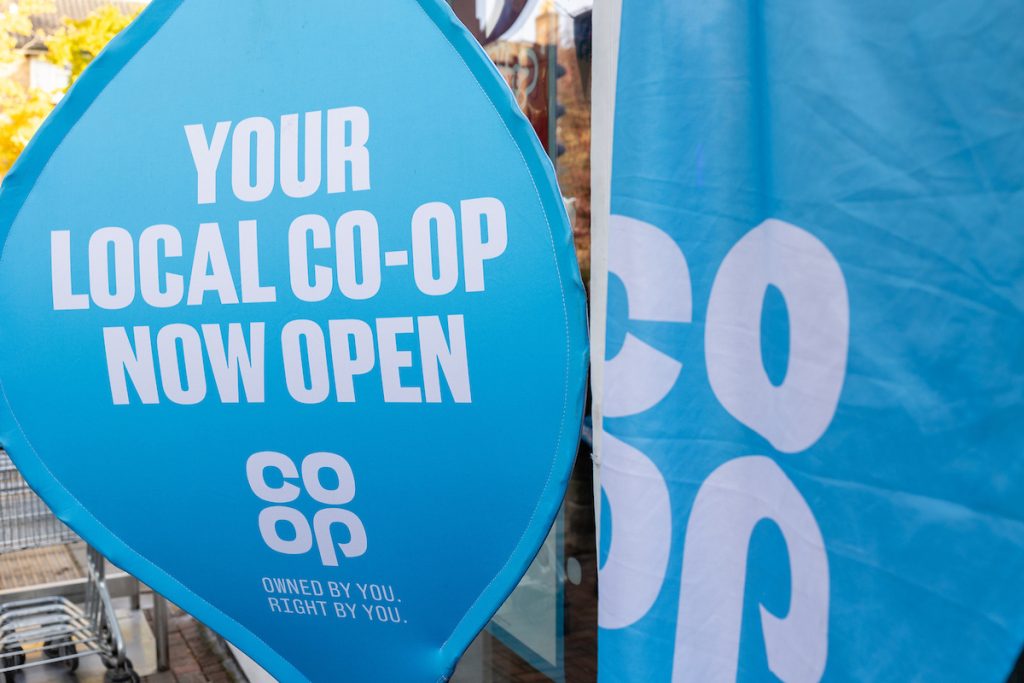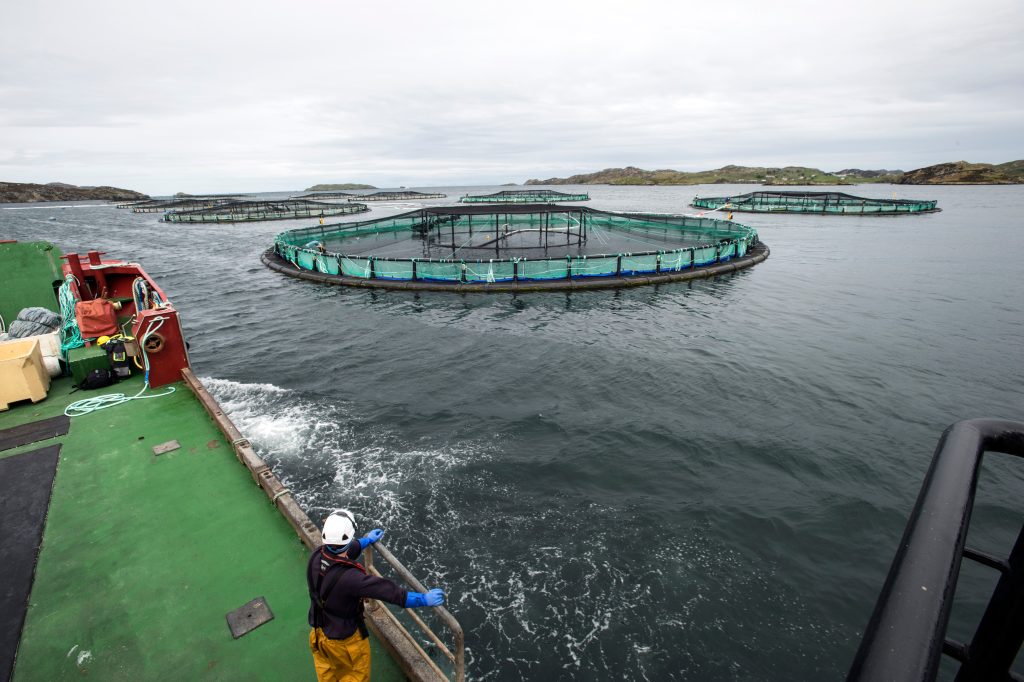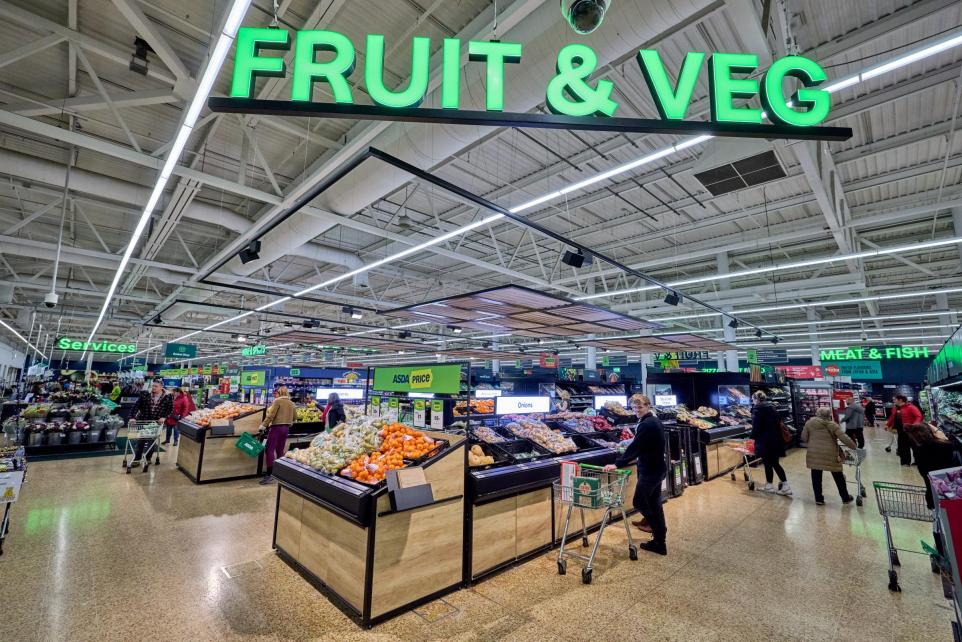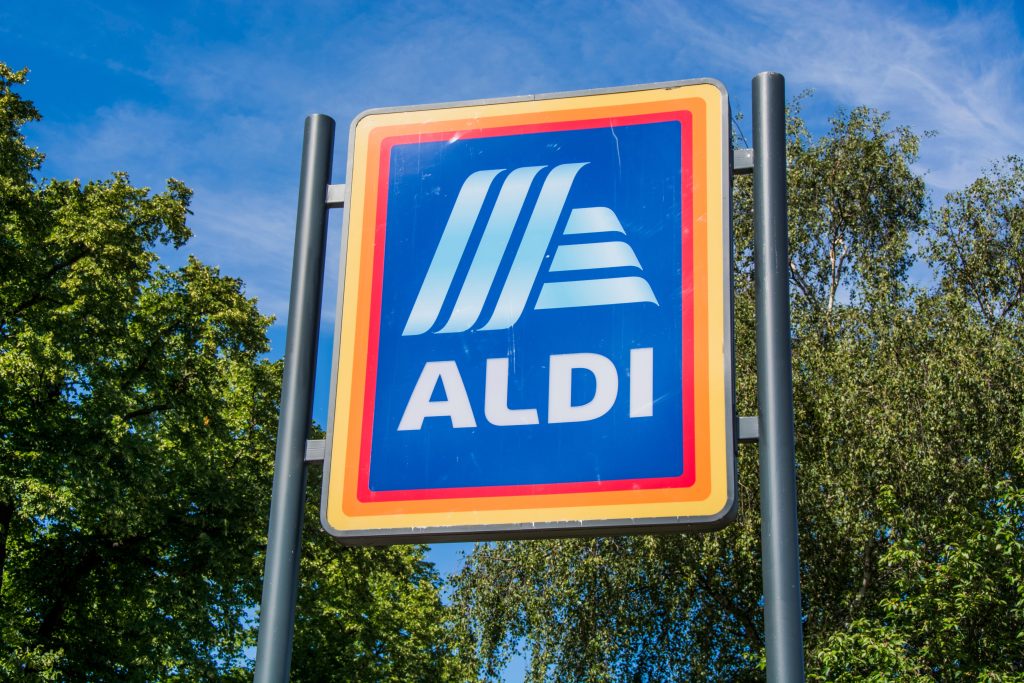A watering down of the proposed levy on supermarkets announced yesterday by the Scottish government has been met with derision by business leaders.
Finance Secretary for the devolved Scottish Government John Swinney confirmed in parliament that the increase to business rates for large retailers selling alcohol & tobacco products would now only last three years and would look to raise £95 million instead of the initially stated £110 million.
While welcoming the government‘s decision to rethinks its plans, Ian Shearer, Director of the Scottish Retail Consortium (SRC), argued that the revisions confirmed that the tax raid on retailers was purely motivated by raising money rather than by any improvements to health it may produce.
“All pretence that this tax is a public health measure must now be abandoned,” Shearer said.
“The Government has a specific figure of £110 million it wants to raise over the next three years. It is still discriminating against a small number of successful businesses to do this and without any formal impact assessment.”
Swinney confirmed that the shortfall in revenues collected from retailers would now be raised separately through an increase to the Large Business Supplement which will spread the impact over a wider range of industries.
The measures form part of the Scottish National Party‘s budget for 2012, which also includes a pay freeze on all public sector workers and cutbacks to local government spending, passed yesterday by parliament despite opposition from all the other major parties.
When the plans were initially unveiled in October the SRC scolded the government for not conducting a Business and Regulatory Impact Assessment for the new tax, as it has promised to for any new regulation, and warned that it would have a damaging affect on the fragile Scottish economy.
Shearer continued yesterday: “This levy still sets an alarming precedent by singling out one part of one sector and businesses of all kinds will fear what future revenue-raising schemes might be devised.
“Allowing profitable businesses to be raided in this way creates significant uncertainty around future investment.”

